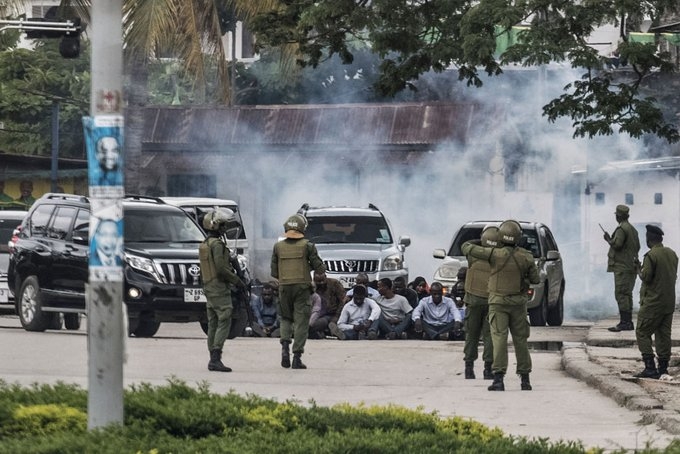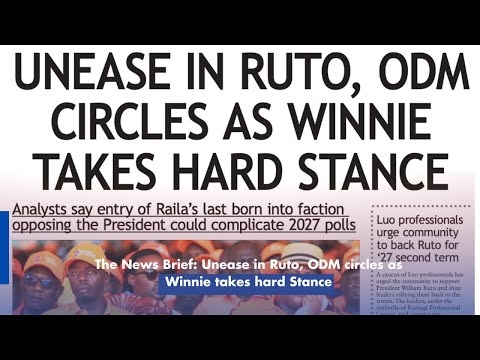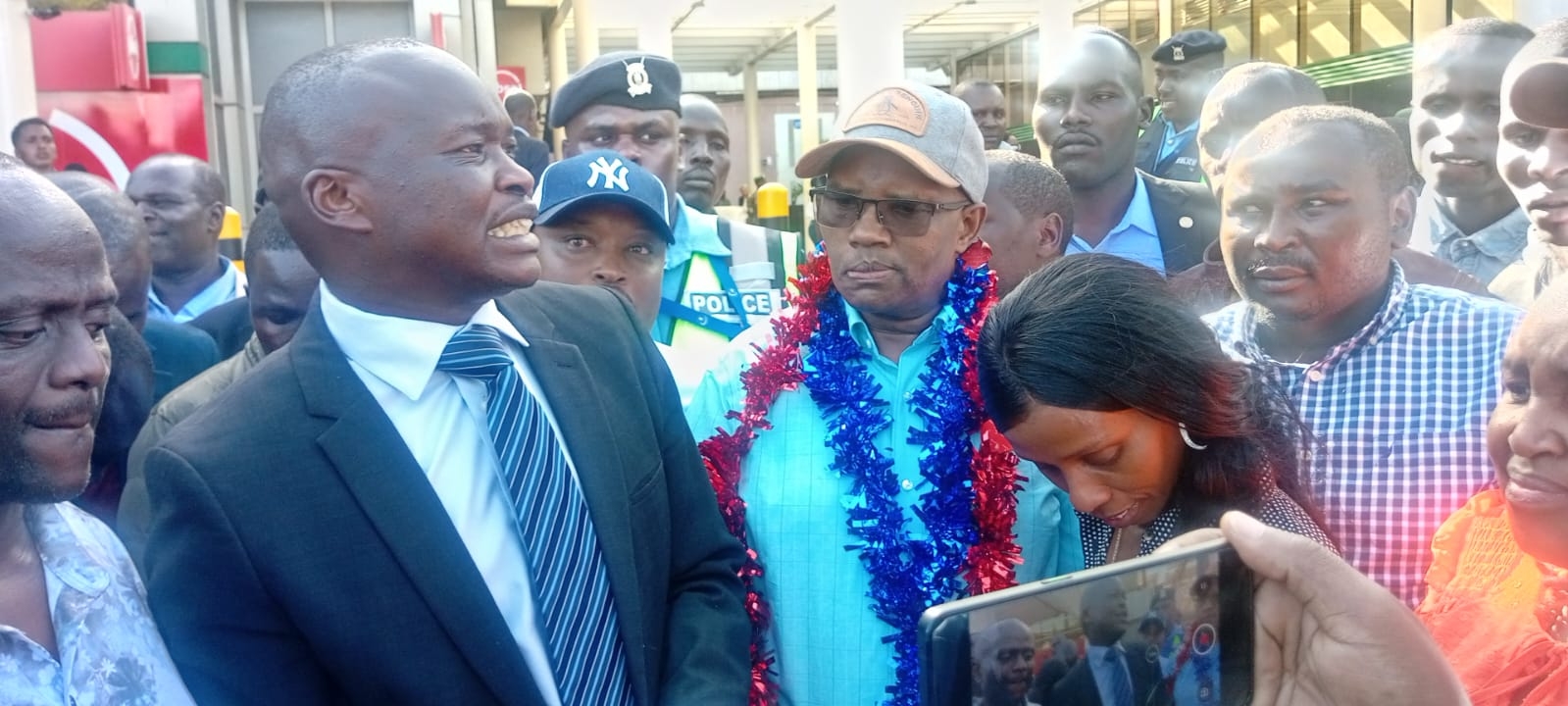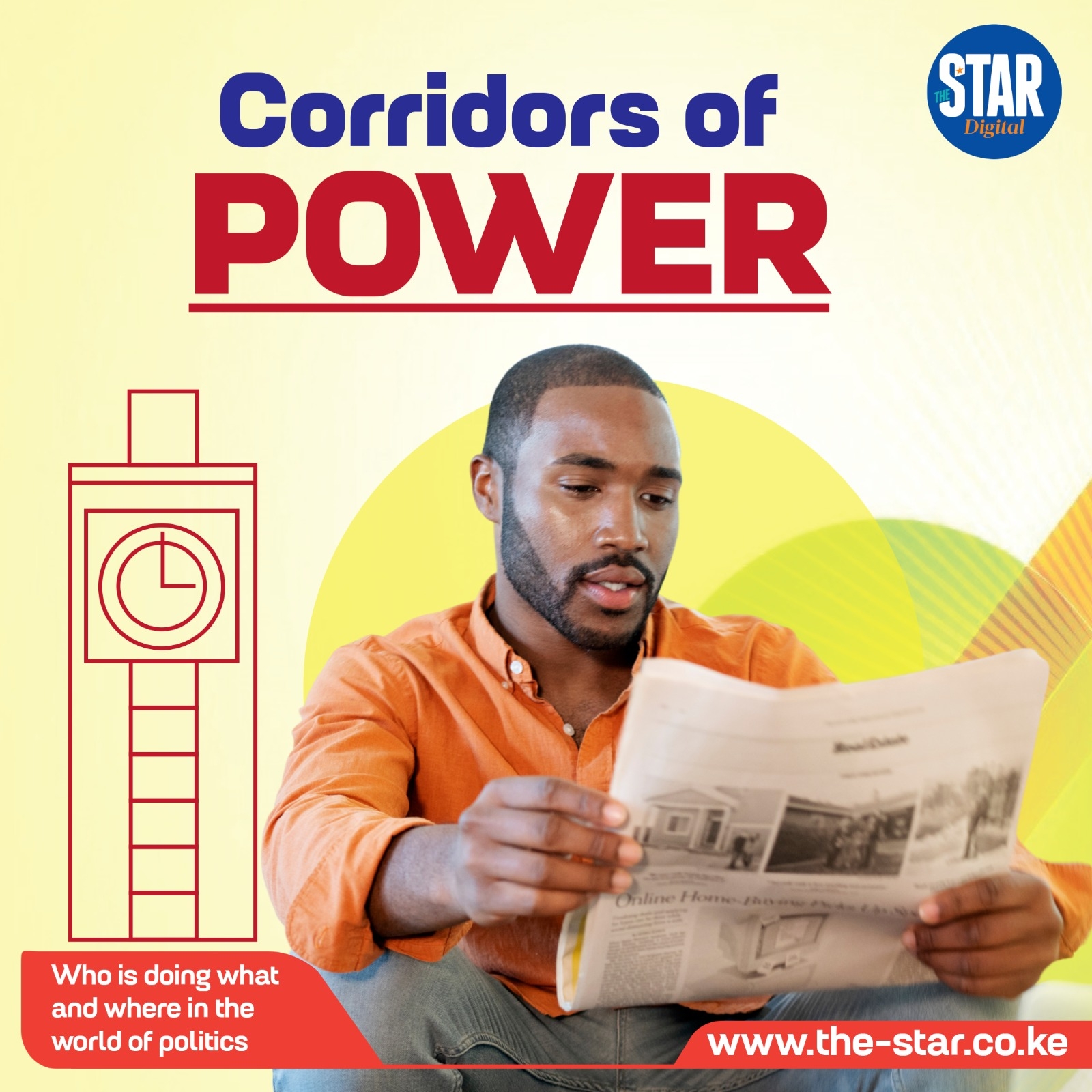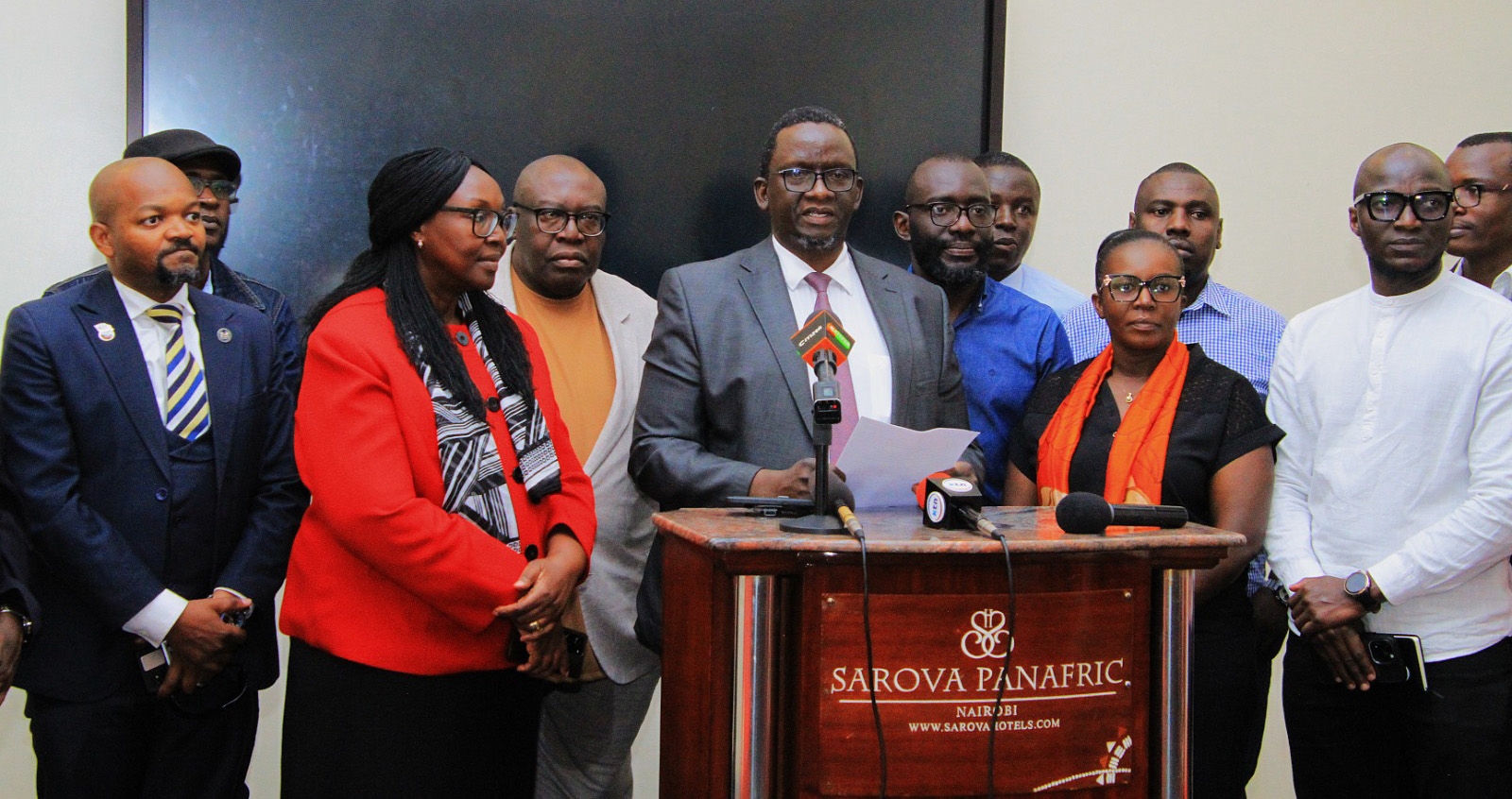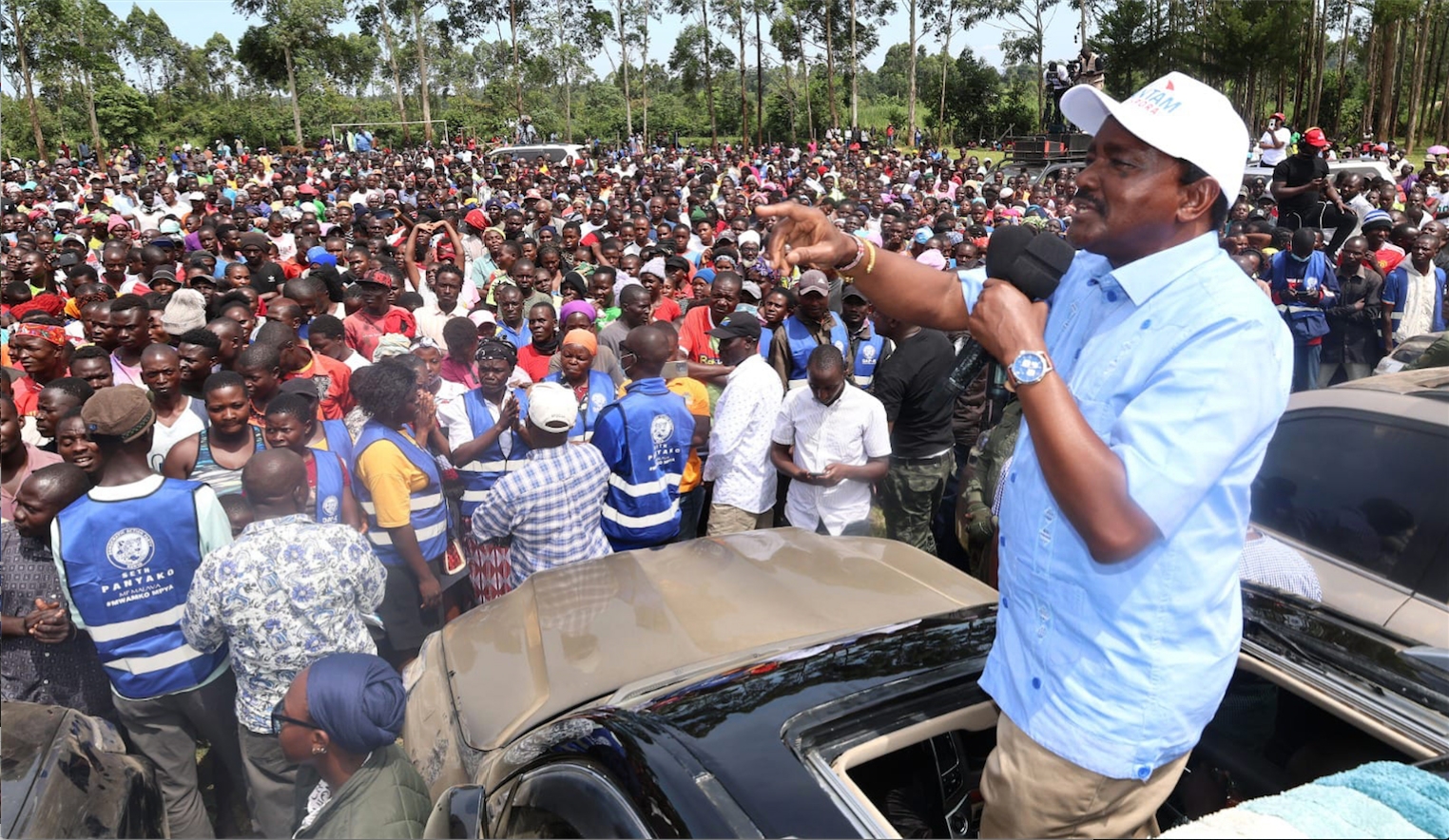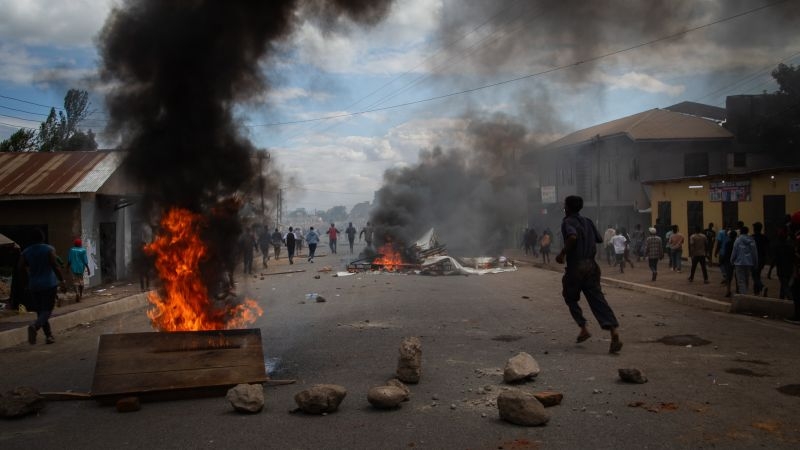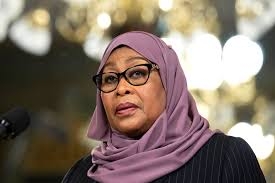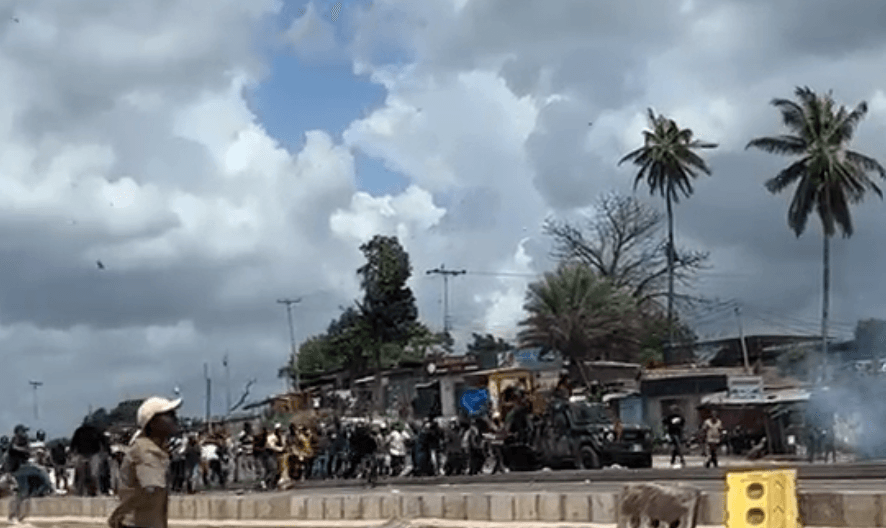
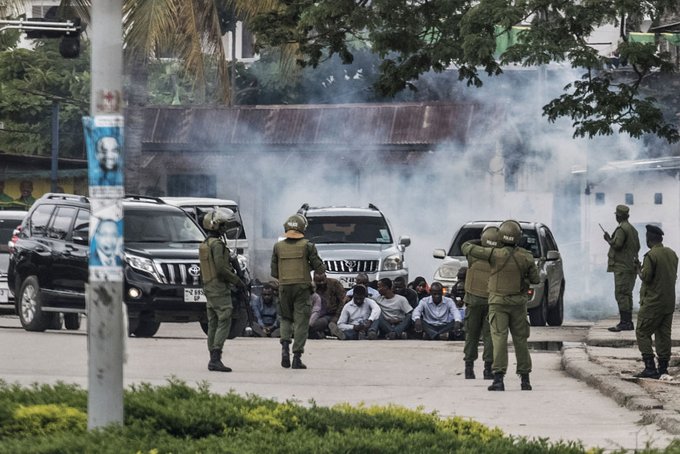
Tanzania held general elections on Wednesday amid tight security, reports of
violent protests and an internet shutdown that drew criticism from rights
groups and regional observers.
The vote, which covered the presidency, parliament, and local councils, was widely viewed as an important test for President Samia Suluhu.
Protests, however, disrupted the polls after rowdy youths stormed stations in various parts of the country, destroyingh ballot boxes and scattering the ballot papers.
Suluhu ascended to power in 2021 following the death of her
predecessor, John Magufuli.
With little competition, the elections were expected to extend the 64-year
rule of the Chama Cha Mapinduzi (CCM) party, Africa’s
longest-serving political organisation.
Suluhu faced little competition after key opposition figures were barred
from participating.
Sixteen fringe parties, none of whom have historically had significant
public support, have been cleared to contest against President Samia, who is
seeking a second term.
ACT-Wazalendo’s Luhaga Mpina were disqualified by the Independent National Electoral Commission (INEC), effectively removing her main rivals.
Chadema party leader Tundu Lissu is in detention facing treason charges with his party boycotting the polls, having also been barred by court from engaging in any political activity.
Political observers noted that the remaining candidates had limited national
visibility and lacked strong party structures to mount a serious challenge.
Several analysts, speaking to regional media outlets, said the process
appeared heavily tilted in favour of the incumbent.
Rights organisations, including Human Rights Watch and Amnesty International, have previously documented restrictions on opposition parties, journalists and civil society in the lead-up to the polls.
Election Day was marked by sporadic violence and protests in Dar es
Salaam, where police used tear gas to disperse demonstrators demanding
electoral reforms and greater political freedoms.
Protesters lit fires along major roads, vandalised buses, and damaged public
infrastructure. Several people were reported injured.
Sources at the city's Muhimbili Hospital told the BBC they had seen an
influx of wounded patients, as Tanzanians voted in presidential and
parliamentary elections.
“We are tired… We want an independent electoral commission so that every
Tanzanian can choose the leader they want,” one protester told the BBC.
Dar es Salaam Regional Commissioner Alfred Chalamila said
the government would take firm action against those “disrupting peace” in the
city.
Police later imposed a curfew in parts of the commercial capital.
Tanzania's chief of police, Camelius Wambura, declared that curfew would
start at 6pm and urged people to stay indoors. He did not say when the restrictions
will be lifted.
Reports said that voter turnout in Dar es Salaam was low when polls opened
on Wednesday, with many hesitant to show up amid safety concerns.
A police spokesperson had earlier assured the public there was no threat to
their safety, saying "people should come out and vote", according to
a message posted on social media.
However, reports from polling stations indicated low voter turnout in parts of Dar es Salaam and other urban centres.
Internet access across Tanzania was severely disrupted on Wednesday.
NetBlocks, an internet observatory, confirmed a
“nationwide disruption to internet connectivity”.
“Confirmed: Live network data show a nationwide
disruption to internet connectivity in #Tanzania on
election day, corroborating reports of a digital blackout; the incident comes
as Tanzanians vote for a new president and parliament, with both main
opposition parties barred,” the organisation said.
Videos posted on social media before the blackout showed groups of young
people throwing stones at police and a petrol station on fire.
Rights groups and journalists condemned the shutdown, saying it limited access to information and transparency during the vote.
More than 37 million registered voters were eligible to
cast ballots across over 99,000 polling stations, according to
the Independent National Electoral Commission (INEC).
Polls opened at 04:00 GMT (07:00 local time) and closed at 13:00
GMT (16:00 local time).
Counting was expected to begin immediately after polls closed, with
preliminary results expected within 24 hours. The commission has up to seven
days to announce the final results.
Officials said the process was largely peaceful outside isolated incidents in urban areas. Security remained tight around tallying centres, especially in Dar es Salaam, Arusha and Dodoma.
The Kenya Human Rights Commission (KHRC) and other East
African civil society organisations issued a joint statement expressing concern
over the conduct of the elections and alleged human rights violations.
“We stand here as East African citizens… The tragic occurrences we are
witnessing in Tanzania go against the very principles that underpin the East
African Community. Injustice anywhere is a threat to justice everywhere,” the
statement read in part.
The coalition alleged a pattern of arbitrary arrests, abductions
and enforced disappearances of opposition figures and critics
in the run-up to the vote, claims that Tanzanian authorities have previously
denied.
The statement also criticised the restriction of international media and observers, saying such measures undermined transparency.
President Suluhu, Tanzania’s first female head of state, took power in
2021 promising economic continuity and a softer political tone following the
late Magufuli’s hardline rule.
However, rights organisations and opposition figures have accused her
administration of continuing repressive tactics, including the detention of
critics and control of the media.
The ruling CCM, founded in 1961 as the Tanganyika African National Union
(TANU) and merged into its current form in 1977, has never lost power.
Despite periodic multiparty elections since 1995, analysts say structural and legal barriers have made it difficult for opposition parties to compete on equal footing.



